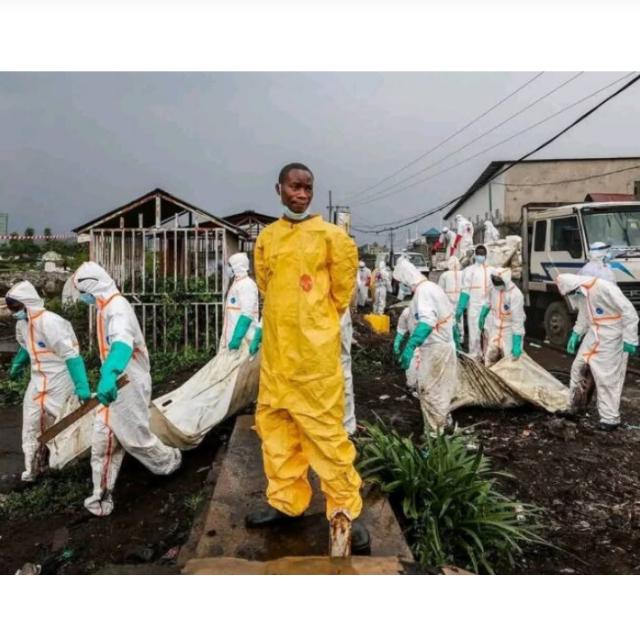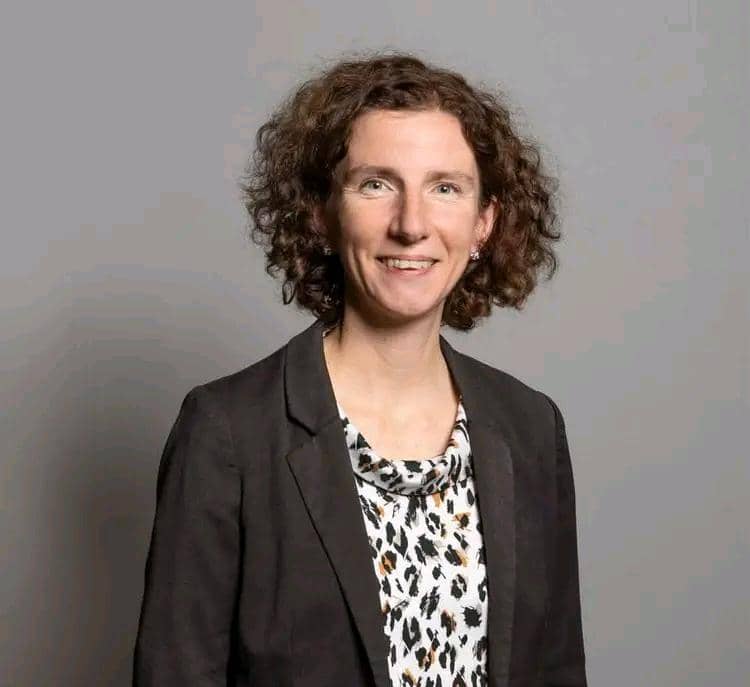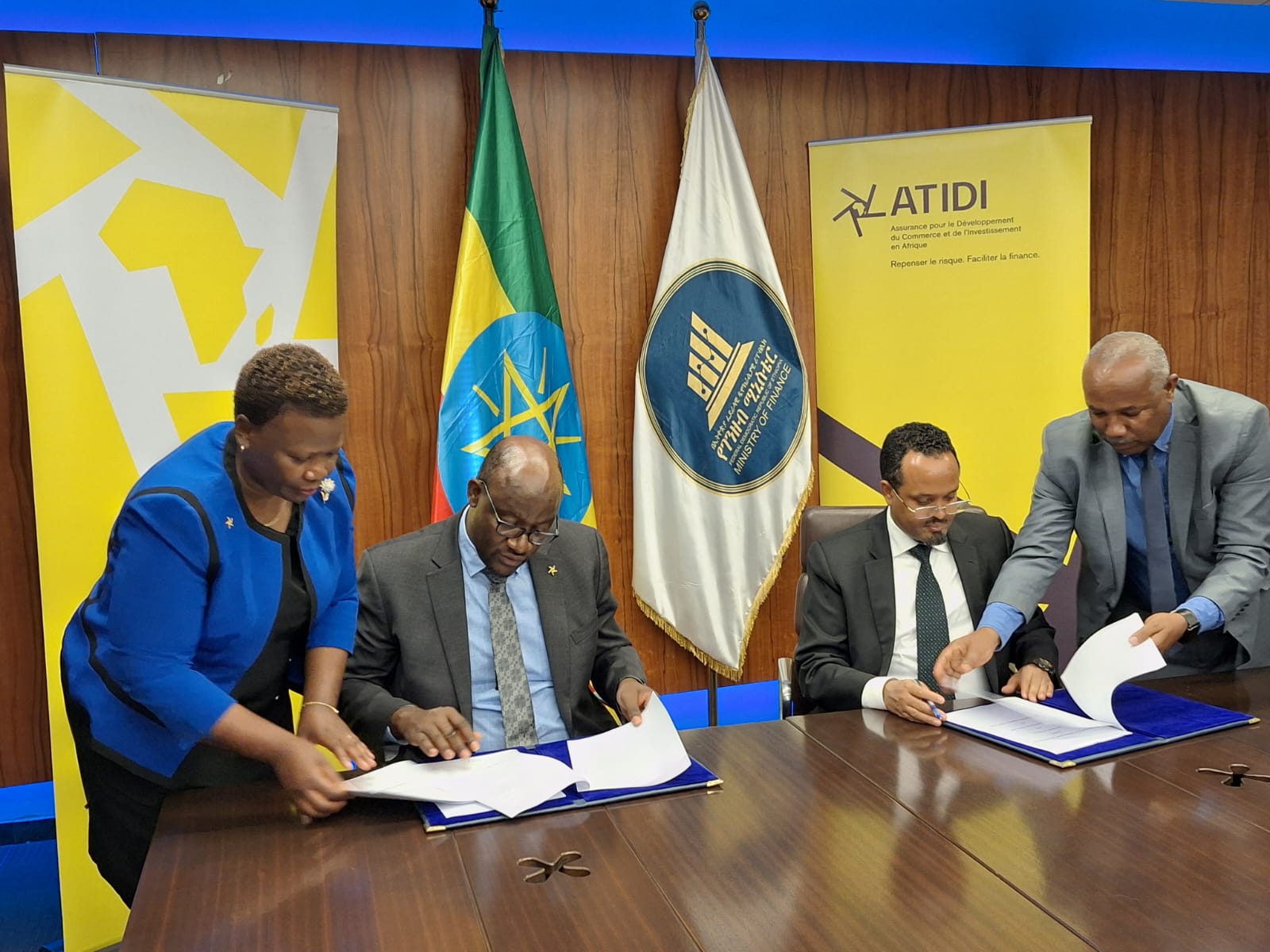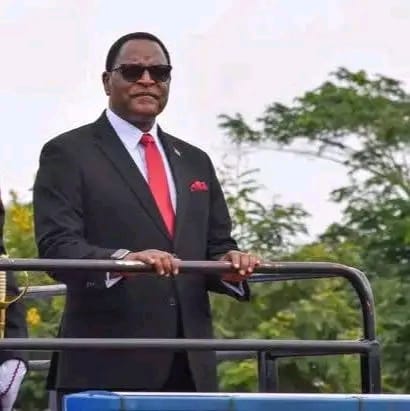By Twink Jones Gadama
The city of Goma, in the Democratic Republic of Congo (DRC), has been left reeling after a devastating massacre resulted in the loss of approximately 3,000 lives. The atrocities, which took place between January 27 and 29, 2025, have been attributed to the Rwandan army operating under the M23-RDF banner. The humanitarian situation in Goma is dire, with organizations facing significant logistical and hygiene challenges in their efforts to provide aid to the affected populations.
According to a United Nations report, around 2,000 of the deceased have already been buried, while approximately 1,000 bodies remain stored in morgues. The report also reveals that several decomposing corpses are still scattered across sensitive sites, including near the airport and central prison. The situation is further complicated by the limited availability of body bags, with only 500 available, including 100 for children and 400 for adults.
The World Health Organization (WHO) has reported that around 900 bodies remain in hospital morgues due to insufficient resources. The rapid burial of bodies has become a priority due to increased health risks. In response to the crisis, the President of the Republic, Félix Tshisekedi, has convened an extraordinary parliamentary session. The two chambers have agreed to establish a joint commission to develop diplomatic and political solutions to address the crisis.
The international community has also responded to the crisis, with the International Committee of the Red Cross (ICRC) intensifying efforts to aid victims. The ICRC has taken charge of 70% of the wounded, providing critical medical care and support. The UN Office for the Coordination of Humanitarian Affairs (OCHA) has urged the international community to establish a humanitarian corridor to restore access to Goma’s airport for aid delivery and evacuation of the wounded.
The situation in Goma is critical, and immediate action is necessary to prevent further deterioration of the crisis. The international community must come together to provide support and aid to the affected populations. The establishment of a humanitarian corridor is crucial to facilitate the rapid arrival of medical supplies and vital resources to address the humanitarian emergency.
As the people of Goma struggle to come to terms with the devastating loss of life, it is essential that the international community provides support and aid to help alleviate the suffering. The massacre in Goma is a stark reminder of the devastating consequences of conflict and violence. It is imperative that we work towards finding a peaceful resolution to the crisis and provide support to those affected.
The UN report highlights the need for a coordinated international response to address the humanitarian crisis in Goma. The report emphasizes the importance of establishing a humanitarian corridor to facilitate the delivery of aid and the evacuation of the wounded. The international community must take immediate action to respond to the crisis and provide support to the affected populations.
The massacre in Goma is a devastating blow to humanity, and it is essential that we come together to provide support and aid to the affected populations. The international community must take immediate action to respond to the crisis and provide support to those affected. The establishment of a humanitarian corridor is crucial to facilitate the rapid arrival of medical supplies and vital resources to address the humanitarian emergency.




